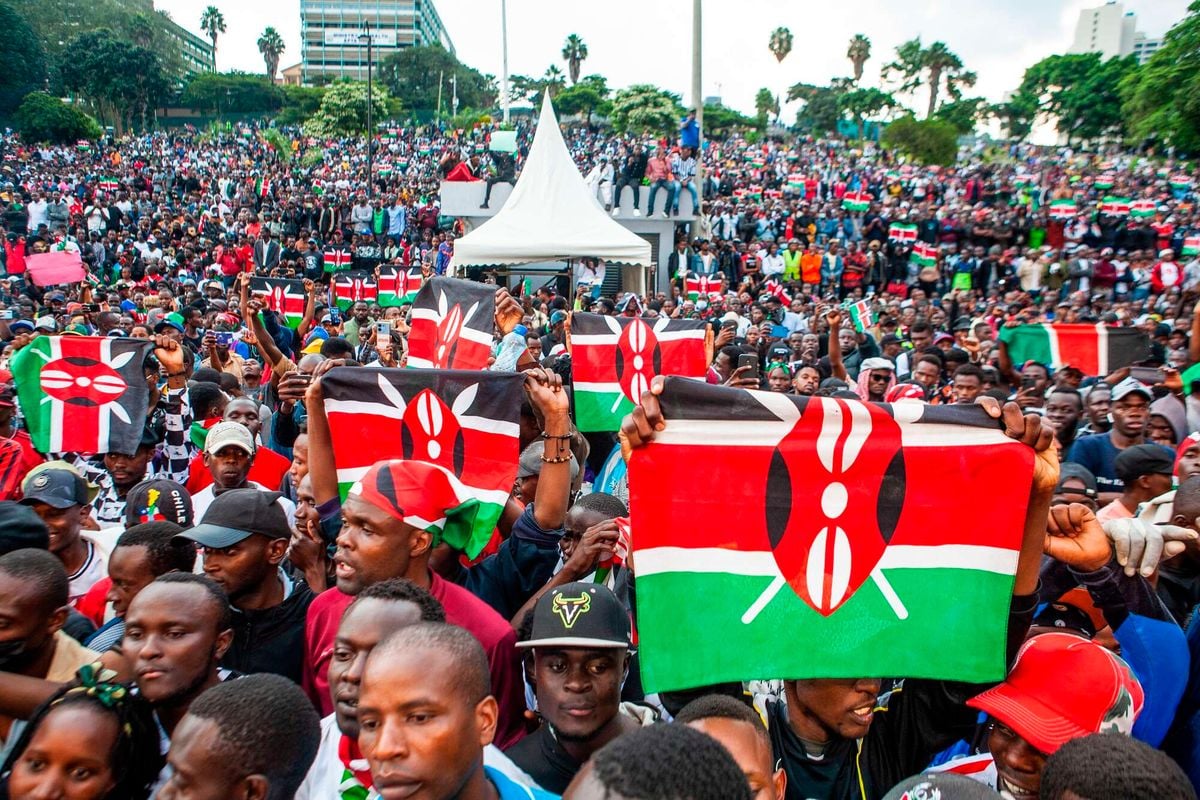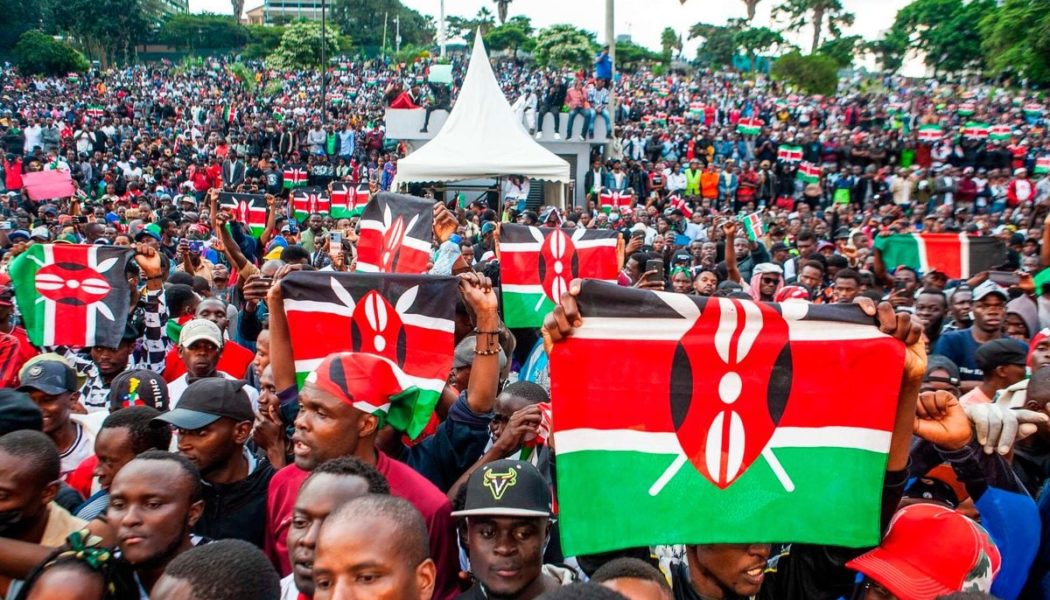
Tax collections in the first quarter of the current financial year grew at slowest pace in at least a decade, excluding the Covid-19 pandemic period, reflecting the impact of withdrawal of the Finance Bill and business disruptions following the Gen Zs-led deadly protests.
The Kenya Revenue Authority (KRA) collected Sh525.55 billion in the three months to September, according to fresh data released by Treasury Cabinet secretary John Mbadi.
The collections were a modest 2.20 percent rise over Sh514.26 billion collected in a similar period last year, marking the first single-digit quarter one growth since the pandemic period when the government offered tax breaks to households and businesses.
The sluggish performance — compared with 10.55 percent increase a year ago — came on the back of a general slowdown in private sector activity amidst anti-government protests-induced economic uncertainty and elevated interest rates which hampered investments.
The collapse of Finance Bill 2024, which contained new and higher tax measures, created a projected hole of Sh344.3 billion in the budget after deadly youth-led protests.
The Treasury cut tax revenue target for the current financial year ending June 2025 by about Sh270.15 billion to Sh2.48 trillion.
Kenya’s private sector saw a slight deterioration in business conditions in September as output and new orders contracted again, reversing the brief recovery seen in August, Stanbic Bank reported on Thursday.
The Stanbic Bank Kenya Purchasing Managers’ Index (PMI) fell to 49.7 in September from 50.6 in August, dropping below the 50.0 threshold that separates growth from contraction and marking the third decline in four months.
“Business conditions contracted slightly in September, implying that the pickup in August was due to some recovery after the disruptions caused by protests earlier this year,” said Christopher Legilisho, economist at Stanbic Bank.
The Treasury and KRA are betting on an aggressive clampdown on tax cheats and widening of the tax base, targeting the growing informal sector.
“In order to enhance revenue mobilisation, the government shall implement a combination of tax policy and administration reforms,” the Treasury wrote in the draft 2024 Budget Review and Outlook Paper (BROP) this week.
“The reforms include strengthening tax administration for enhanced compliance through expansion of the tax base, minimising tax expenditures, leveraging technology to revolutionise tax processes, sealing revenue loopholes and enhancing the efficiency of the tax system.”
The KRA’s enforcement unit has enhanced use of various databases to pursue suspected tax cheats, including bank statements, import records, motor vehicle registration details, Kenya Power records, water bills and data from the Kenya Civil Aviation Authority (KCCA), which reveals individuals who own assets such as aircraft.
Car registration details are also being used to smoke out individuals who are driving high-end vehicles but have little to show in terms of taxes remitted. Kenya Power meter registrations are also helping the taxman to identify landlords, some of whom have been slapped with huge tax demands.
“KRA is investing in resources to collect and analyze intelligence to identify and address tax evasion schemes. Companies and individuals that deliberately evade taxes are subject to investigations and potential prosecution,” Commissioner for Domestic Taxes Department Rispah Simiyu told the Business Daily on September 17.
“Both third-party and internal data are used to identify businesses that are not adhering to tax laws. Audits and compliance checks are conducted to address non-compliance. The KRA is also exploring integration opportunities with key stakeholders to enhance the effectiveness of information use for improving tax compliance.”
Analysis of cash inflows into the exchequer, government’s main account, point to a possible recovery in tax receipts in September after a 5.65 percent year-on-year drop in August to Sh153.33 billion and a measly 2.87 decline in July to Sh159.51 billion.
KRA netted Sh212.72 billion in exchequer taxes, the Treasury data shows, an 8.15 percent bump over Sh196.68 billion.
To crank up economic activities, the Central Bank of Kenya’s Monetary Policy Committee has started signaling banks to lower interest rates after lowering base lending rate by 100 basis points since August.
Findings of a closely-watched Stanbic Kenya Purchasing Managers Index (PMI), based on feedback from about 400 panellists, suggested businesses generally cut back on output and employment in response to flagging orders for goods and services.
“Surveyed businesses registered a slight decline in their activity levels at the end of the quarter, coinciding with a renewed drop in new business intakes,” analysts at Stanbic Bank and American analytics firm, S&P Global, wrote in the PMI report for September.
“Anecdotal evidence suggested that challenging economic conditions at clients such as reduced cash flow led to lower intakes of work placed at surveyed firms.”









